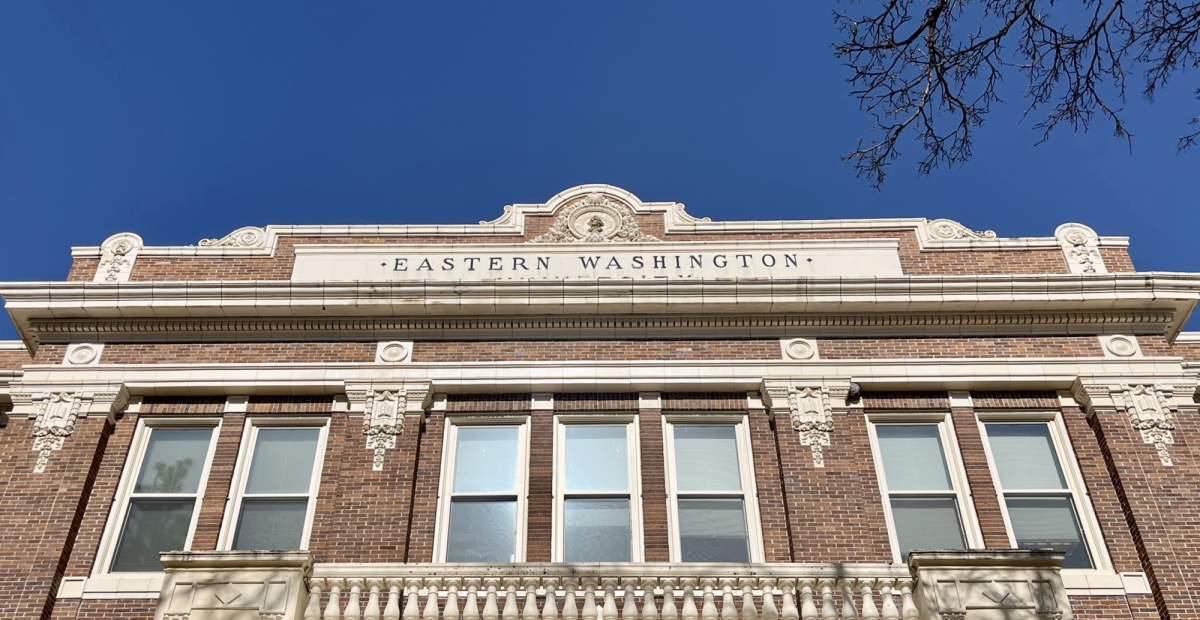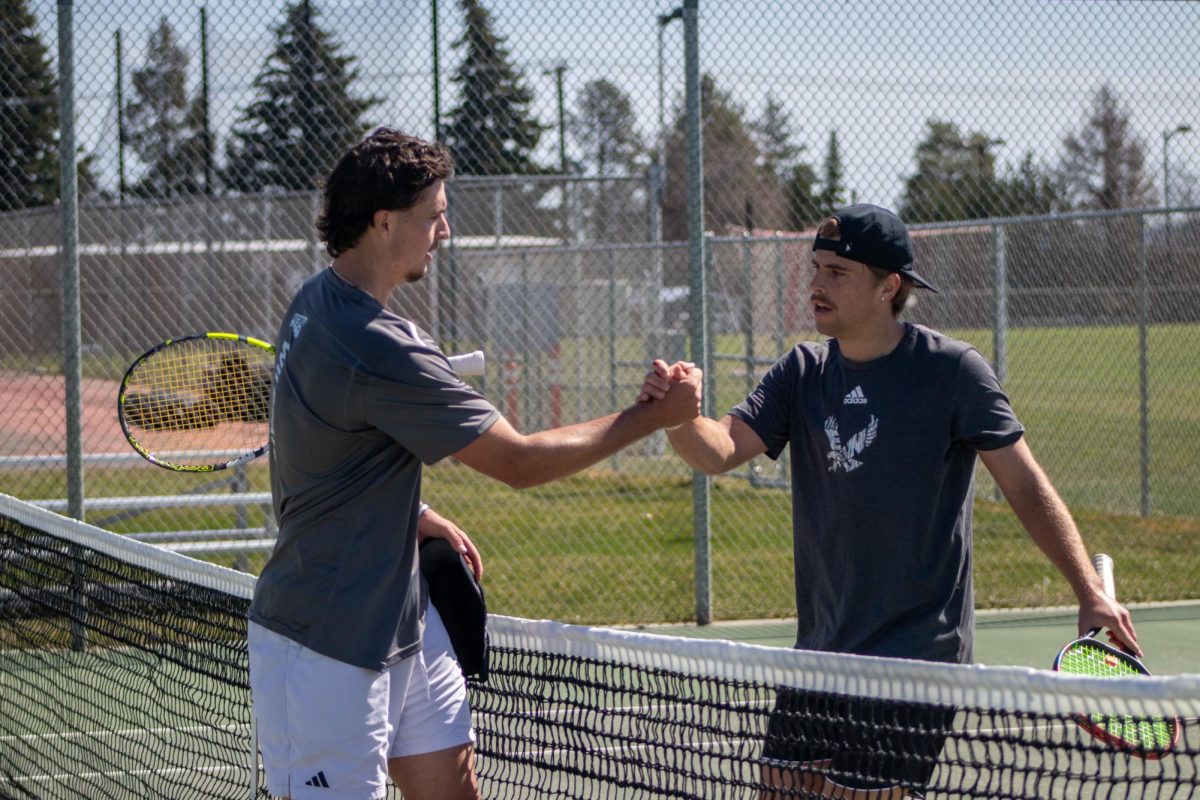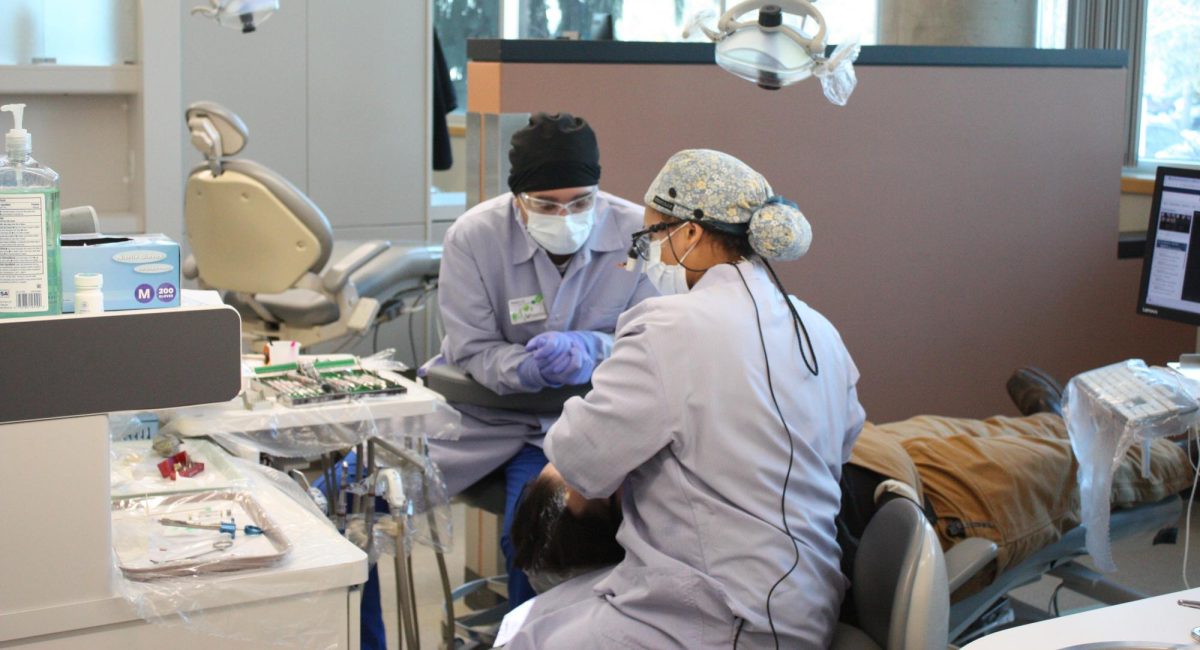Decisions are made by those who show up
May 3, 2018
With some seven weeks remaining in the spring quarter, attention around campus has begun turning to next school year, including the upcoming ASEWU general election on May 8.
The EWU student body will be voting for who they want to represent them in the 2018-19 school year, from ASEWU President to each of the nine positions on the ASEWU Council. But why should students care?
ASEWU oversees and makes decisions about budgets and funding for clubs and organizations on campus, which includes providing start-up funding for new student organizations on the EWU campus. In the ASEWU Council Meeting on April 19, the council approved start-up funding for the EWU Chess Club, the Red Group and the EWU Music Coffee Club.
The council also votes on funding to students who have applied for funds to attend events such as conferences, meetings and conventions. In the March 15 ASEWU Council Meeting, over $1,600 in funds from the supplemental budget were approved to be given to various students and groups on campus.
There are also three ballots on the measure in the general election, two of which should capture the interest of students. One of the measures on the ballot pertains to changing the primary and general election school, which would allow EWU’s semester students to participate in elections before the end of their term. Last school year, the last day of the 2017 spring term was May 5, while the general election took place on May 9.
The other notable measure on the ballot would add a dissolution statement to the ASEWU Constitution, which is required under section 230-03-145 of the Washington Administrative Code in order for charitable and nonprofit organizations to apply for a gambling license. The license allows for clubs and organizations on campus to fundraise using raffle tickets.
Fundamentally, voting is one of the cornerstones of maintaining a healthy democracy. The more that people are involved in the process of determining the fate of their university, city, county, state or country, the more likely that the will of the people is being accurately represented.
However, more people than ever are choosing not to play a part in this ever-important process. In no presidential election since 1968 has more than 60 percent of the voting age population voted, according to the United States Elections Project. In the 2014 midterm elections, just 36.7 percent of the eligible electorate voted, the lowest percentage in any nationwide general election since 1942.
But those numbers look sky-high in comparison to voter turnout levels at EWU during the 2010s. In five of the past eight general elections, the number of eligible students who voted was less than 10 percent. In 2017, only 7.91 percent of the EWU student body voted, meaning all the measures on the ballot did not meet the 10 percent voter turnout threshold, as required by the ASEWU Constitution. Those numbers are, quite simply, pathetic.
A wise friend who goes by the name of C.J. Cregg once said that decisions are made by those who show up. Damn right they do.








